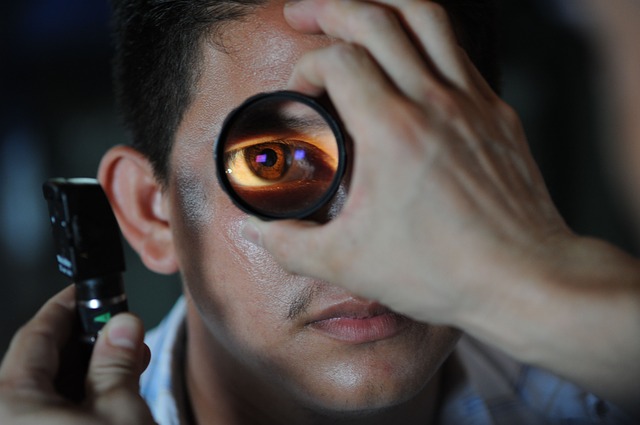 A visit to the doctor involves a tremendous amount of trust. As a patient, you place your trust not only in the physician attending you, but also in the healthcare organization that employs them, the staff that works with them, and the medical suppliers and manufacturers they use.
A visit to the doctor involves a tremendous amount of trust. As a patient, you place your trust not only in the physician attending you, but also in the healthcare organization that employs them, the staff that works with them, and the medical suppliers and manufacturers they use.
Patients at an eye surgery center discovered catastrophic results – blindness – when they checked in to their follow-up appointments after their cataract surgery. An investigation has uncovered that an anesthesiologist may not have been qualified to perform the specific procedure unsupervised. The response of the medical board and the eye clinic has come under fire recently.
Anesthesiologist Suspected of Negligence in Cataract Surgery Disaster

In May 2014, a slew of cataract patients in the Boston area became victims of an anesthesiologist’s painful and possibly negligent medical procedure. Five patients at the Cataract & Laser Center West in West Springfield, Massachusetts were scheduled in a row for cataract removal, a minor surgery that usually takes about 15 minutes. But all five patients were shocked by the pain that accompanied the anesthesia preceding their surgery.
The anesthesiologist, Dr. Tzay Chiu, was working his very first day at the center. He had been sent there by an agency or “broker” that had a contract with the center. While this is common practice among independent outpatient surgery centers, the anesthesia he provided was anything but common.
Patients were heard screaming in pain as Dr. Chiu administered an “eye block,” an anesthetic procedure that involves using a needle to inject a numbing agent into the muscles around the eyeball. Experts agree that a physician administering an eye block ought to be observed performing at least 10 cases before being allowed to work unsupervised. However, the Cataract & Laser Center West has said that Dr. Chiu was observed only 3 times before being found competent.
One of the five patients who saw Dr. Chiu that morning overheard the previous patient’s screams from the waiting room. He asked the nurse “Is that going to happen to me?” The nurse told him, “No, that is not supposed to happen.”
The pain that patients experienced at Dr. Chiu’s hands was followed by something even worse. Five patients found during follow-up appointments with their ophthalmologist that they had problems with depth perception, driving, spotting details, and even blindness in the eye that Dr. Chiu operated on. At least one of them has had to quit her job because she did not feel she could safely perform tasks following her loss of vision.
These five patients have hired lawyers to represent them, and two have initiated lawsuits against the center and Dr. Chiu. The process of investigating their cases, however, has undergone lengthy delay. Only last month, Dr. Tzay Chiu reached an agreement with Massachusetts licensing Board of Registration in Medicine, where he not to perform the eye block procedure while the board investigates the injuries.
However, he is free to continue practicing in the meantime. While doctors guilty of medical negligence may have their clinical privileges restricted or taken away by hospitals, HMOs and other health care institutions, state medical boards often take no action against their licenses to practice or may delay the process indefinitely. According to an investigation by USA Today, “thousands of doctors who have been banned by hospitals or other medical facilities aren’t punished by the state medical boards that license doctors.”
Patients like those victimized by Dr. Chiu are outraged by this. So are lawmakers and attorneys who are fighting against medical malpractice tort reform. As one Michigan-area tort lawyer said in commenting on the Boston case,
“tort reform is good for bad doctors and bad for good citizens. If medical boards don’t have proper oversight, patients will get hurt … If we do not hold the person or company that caused the disability accountable, it is the taxpayer who bears the responsibility through Medicare, Medicaid, and assistance programs. Or it goes uncompensated and must be borne by the victim and their families.”
So far, the only concrete outcome of the case of Dr. Chiu has been an increase in the number of required eye block procedure observations at the West Springfield surgery center. In the meantime, patients are still waiting on the investigation by the Massachusetts Board of Registration in Medicine, hoping that they will at least see justice done.
A skilled and caring healthcare provider honors their patients by providing respect and security for their health and well-being. Sadly, in cases like these, if your doctor visit involves medical negligence, your trust, along with your health, suffers intense harm.



